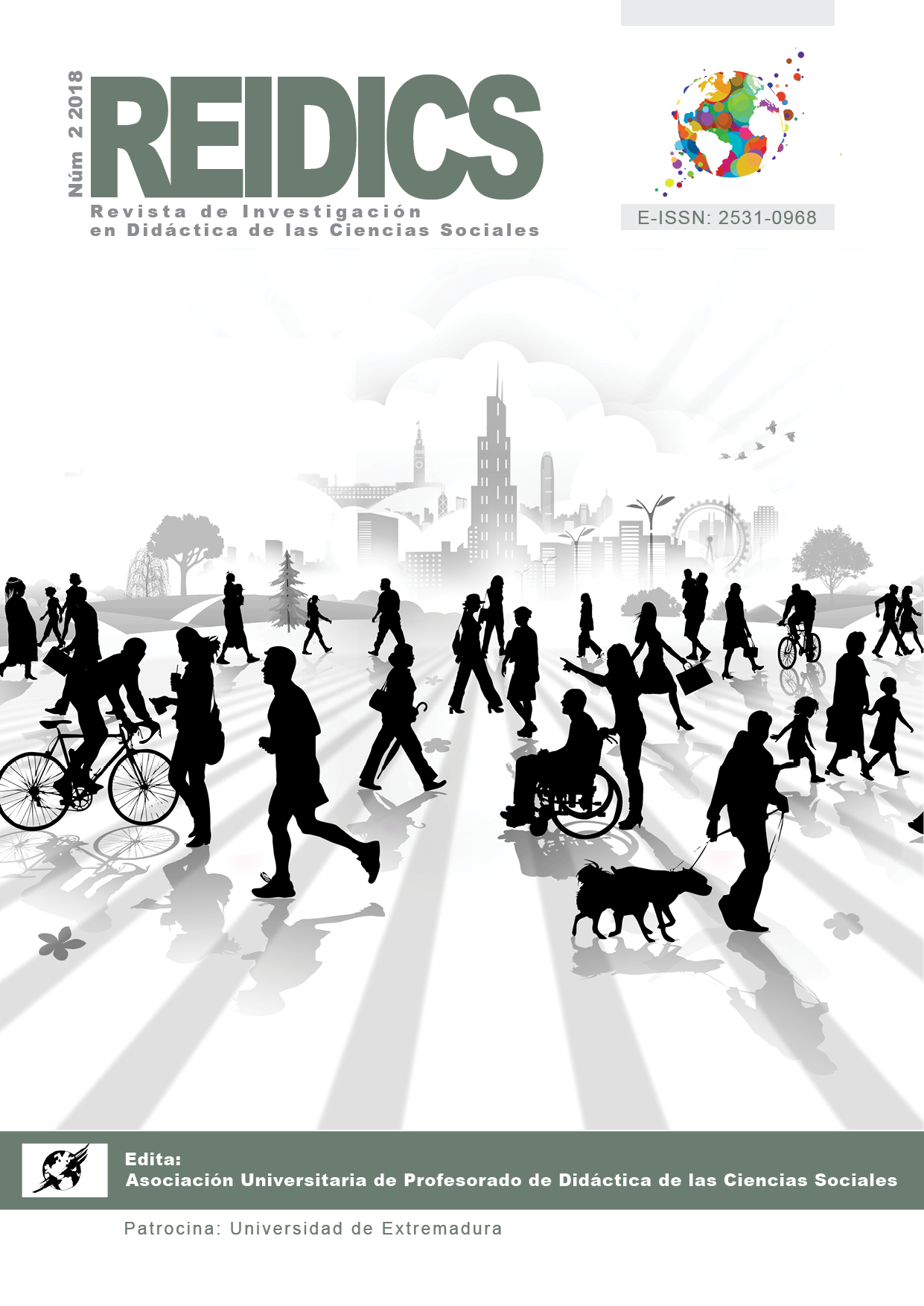Identities and social sciences teaching. Study of cases from three places of the world.
DOI:
https://doi.org/10.17398/2531-0968.02.88Keywords:
Identities; curriculum; social sciences; teaching; professorateAbstract
The construction of identities is of relevance for the teaching of democracy and social sciences (Santisteban y Pagés, 2007). With their imprint on action and anchoring in the future, identities are dynamic, narrative, historical, social, plural and permanent constructions, through which the world is interpreted and subjectivities are organized (Hall, 1996). From an interpretative and critical perspective, this paper aims to explore and analyze what the secondary curriculum of Social Sciences in Argentina, Catalonia and South Africa say about identities, and then, based on testimonies about the practice, establish some possible guidelines for potential proposals and curricular innovations on the subject. Through a mainly qualitative methodology (Eisner, 1990), the curriculums are approached through a document analysis (Rapley, 2014); the testimonies -corresponding to questionnaires and interviews made to some members of the professoriate of the three sites - are analyzed by emphasizing the perspectives on the practice by investigating and interpreting their meaning (Flick, 2015). Although in all three curriculums identities are assumed as social, historical and temporal constructions (Grossberg, 1996), in each case it occurs in a different way and with its own characteristics. A majority of teachers conceive identities as traits or characteristics of people and a minority thinks of them as constructions. Among the possible contributions for potential curricular innovations are emphasized in the identities as social constructions and in their relevance in the teaching of the social sciences.
Keywords
Identities; curriculum; social sciences; teaching; professorate
Downloads
Published
Issue
Section
License
Aquellos autores/as que tengan publicaciones con esta revista, aceptan los términos siguientes:
- Los autores/as conservarán sus derechos de autoría y garantizarán a la revista el derecho de primera publicación de su obra, el cual estará simultáneamente sujeto a la Licencia de reconocimiento de Creative Commons 4.0 BY-NC-SA que permite a terceros compartir la obra siempre que se indique su autor y su primera publicación en esta revista.
- Los autores/as podrán adoptar otros acuerdos de licencia no exclusiva de distribución de la versión de la obra publicada (p. ej.: depositarla en un archivo telemático institucional o publicarla en un volumen monográfico) siempre que se indique la publicación inicial en esta revista.
- Se permite y recomienda a los autores/as difundir su obra a través de Internet (p. ej.: en archivos telemáticos institucionales o en su página web) antes y durante el proceso de envío, lo cual puede producir intercambios interesantes y aumentar las citas de la obra publicada. (Véase El efecto del acceso abierto).
- Los autores y autoras han respetado la política de autoría de esta revista.




